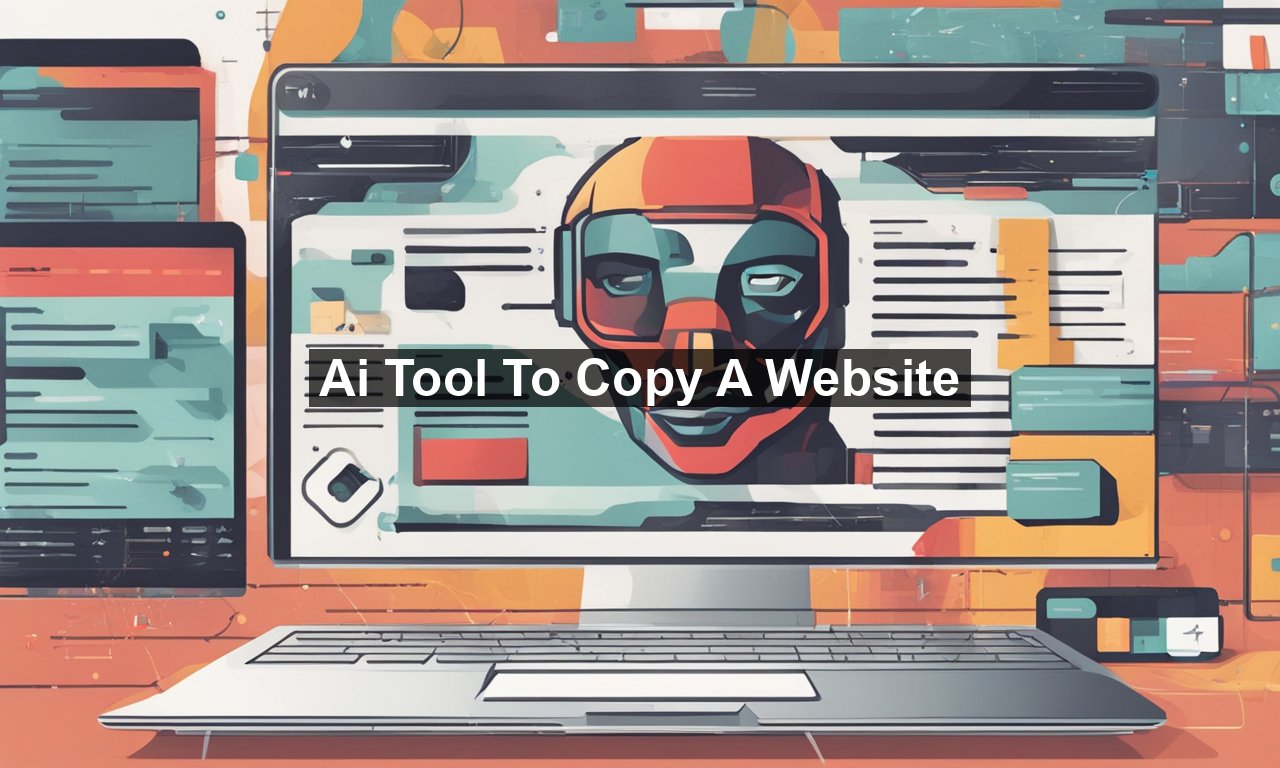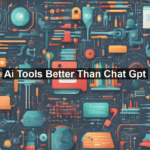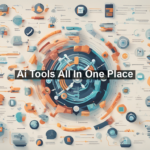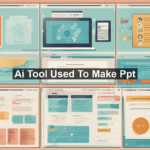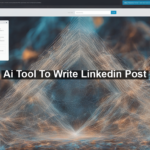Imagine being able to replicate an entire website with just a few clicks. Sounds like science fiction, right? With the advent of advanced AI tools, it’s now a reality. Whether you’re a developer looking to clone a site’s structure for a project, a business wanting to migrate or redesign your online presence, or simply curious about the inner workings of a web page, AI tools have revolutionized the process of copying a website with precision and efficiency. This article delves into the fascinating world of AI in website cloning, exploring how it works, its benefits, and the ethical considerations you should keep in mind.
How AI Tools Copy Websites
You might be wondering, how exactly do these AI tools manage to copy an entire website? The process involves several intricate steps, but let’s break it down into manageable chunks:
Scraping Content
The first step is web scraping, where the AI tool extracts information from the website. This includes:
- HTML code
- CSS stylesheets
- JavaScript files
- Images and videos
Most AI tools come equipped with powerful scraping algorithms designed to tackle even the most complex web architectures. However, keep in mind that extracting copyrighted content without permission can lead to legal ramifications.
Replicating the Structure
Once the content is scraped, the tool mirrors the site’s structure. This involves creating:
- Navigation menus
- Interactive elements
- Internal and external links
The AI uses machine learning models to interpret the original design and reproduce it accurately. This is especially useful for developers who need a similar layout but want to apply their own unique branding.
Benefits of Using AI Tools for Website Copying
So, why should you consider using AI tools for this task? The advantages are plentiful.
Speed and Efficiency
Manually copying a website can be a time-consuming task, but AI tools can do it in a fraction of the time. This allows for quicker project turnarounds and faster deployment.
Accuracy
AI-driven tools eliminate human error, thereby ensuring that the copied website is an exact replica of the original. This is crucial when attention to detail is paramount.
Learning and Analysis
For educational and analytical purposes, copying a website allows you to study its design, UX/UI elements, and code structure. This can be invaluable for learning and professional growth.
Popular AI Tools for Copying Websites
Let’s explore some popular AI tools that are making waves in the industry.
HTTrack
One of the most well-known tools out there, HTTrack is a free and easy-to-use software that allows you to download an entire website from the internet to your local directory. It captures all the content and links, replicating the site in its entirety.
BlueFox
BlueFox is a robust cloud-based solution that offers extensive customization options. Apart from copying websites, it also allows for real-time updates and modifications, making it a versatile tool for businesses and developers alike.
Wget
For those who prefer command-line tools, Wget is an excellent option. It’s a free utility for non-interactive download of files from the web. With a few commands, you can have an entire website copied onto your local machine.
Ethical Considerations
While the technology is undoubtedly fascinating, it’s essential to tread carefully. Here are some ethical considerations to keep in mind:
Intellectual Property
Always remember that the content on websites is often copyrighted. Copying and using it without permission can lead to legal complications. Make sure to obtain the necessary permissions or only extract public domain information.
Respect Robot.txt Files
A well-configured robot.txt file tells crawlers which parts of a site can be indexed and which parts should remain off-limits. Respect these guidelines to avoid falling afoul of ethical norms and legal requirements.
Data Privacy
When copying websites, you may inadvertently capture personal data. Ensure you comply with data privacy laws like GDPR to avoid potential penalties.
Learn more about ethical scraping practices here.
Practical Applications
Website cloning has a myriad of practical applications, ranging from web development to digital marketing.
Testing and Development
Developers often need a blank canvas that mimics the original site for testing new features or diagnosing issues. An AI tool provides an exact replica, making the process seamless.
SEO Analysis
SEO experts can analyze the structure and performance of competitors’ sites by creating copies for testing and evaluation.
Content Migration
Businesses looking to move their content from one platform to another can use AI tools to effortlessly handle the migration, preserving the original structure and aesthetics.
Future of AI in Website Copying
The future looks promising for AI tools in website cloning. As AI continues to evolve, we can expect even more sophisticated algorithms that can handle more complex tasks. Features like real-time updates, smart customization, and enhanced security measures will likely become standard, making these tools indispensable for developers and businesses alike.
However, with great power comes great responsibility. Ethical practices must evolve alongside technology to ensure that these powerful tools are used for good and not for violating intellectual property rights or compromising data privacy.
In closing, AI-driven tools for copying websites are here to stay, offering a blend of efficiency, accuracy, and innovation. Whether you’re a developer, business owner, or just a tech enthusiast, these tools can add immense value to your endeavors. Just remember to use them responsibly!
